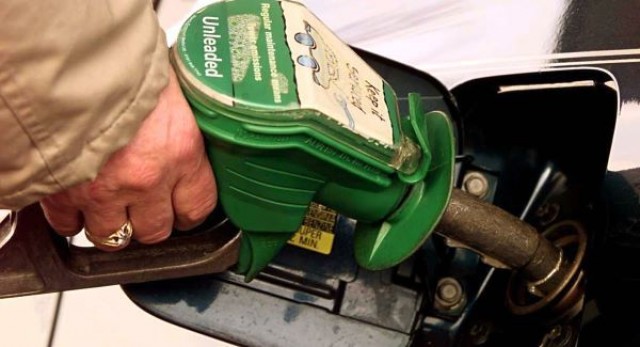Well, it turns out that those of us who thought it was our right feet at fault for not being able to match a car's claimed economy figures were wrong; we're not driving badly, it's the car companies that are quoting misleading data.
An independent research group, the International Council on Clean Transport (ICCT) has found that the gap between quoted and actual fuel consumption (and therefore emissions too) is around 25%, sometimes as much as 30%. That's up from a 10% gap between official figures and real-world driving a decade ago.
Peter Mock, MD of ICCT in Europe said that "this means that the actual fuel consumption experienced by the average driver is typically 25 per cent higher than what is printed on the sales sticker."
BMW and Audi were called out as the worst offenders, with fuel claims diverging from real-world performance by 30% and 28% respectively. BMW issued a statement that disputed the claims though, saying that 'the number of vehicles per car maker that have been analysed varies considerably and is based on only a very small and subsequently less representative section of our customer base.'
ICCT's research is not the only indicator of this widening gap between quoted and actual fuel consumption though. Environmental lobbying group Transport Environment has found similar figures to ICCT in the past and recently outed the sharp practices of car maker when it comes to prepping their cars for the official fuel consumption test. These tactics include taping over panel gaps to improve aerodynamics, disconnecting the alternator, removing the spare wheel, over-inflating the tyres and using specialist low-friction oils.
Greg Archer, spokesperson for Transport Environment (an advocacy group on smarter and greener transport policies) says that "it's clear the current fuel consumption test regime is not fit for purpose. Consumers' trust in official information and regulation is breaking down, because what it really costs the consumer to run a car is a quarter more than the official test results say. The only way that trust can be restored is for the loopholes to be closed."
A new, more stringent fuel consumption test is waiting in the wings but its introduction has been repeatedly delayed, not least by car makers fearing that it will increase their official consumption figures and leave them open to EU fines for missing mandated average CO2 limits. Many campaigners are already dismissing the new test as still not realistic enough anyway and its introduction is at least five years away.

